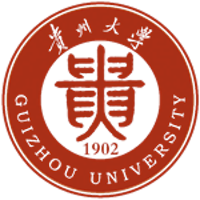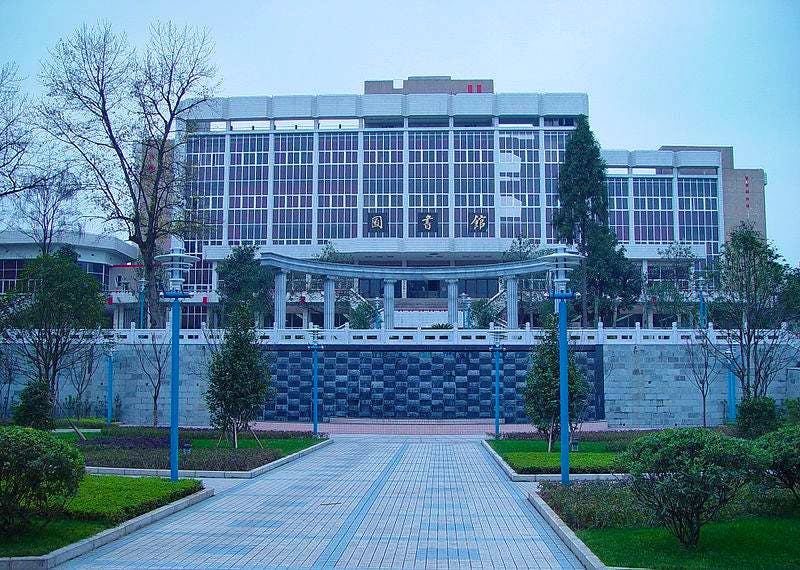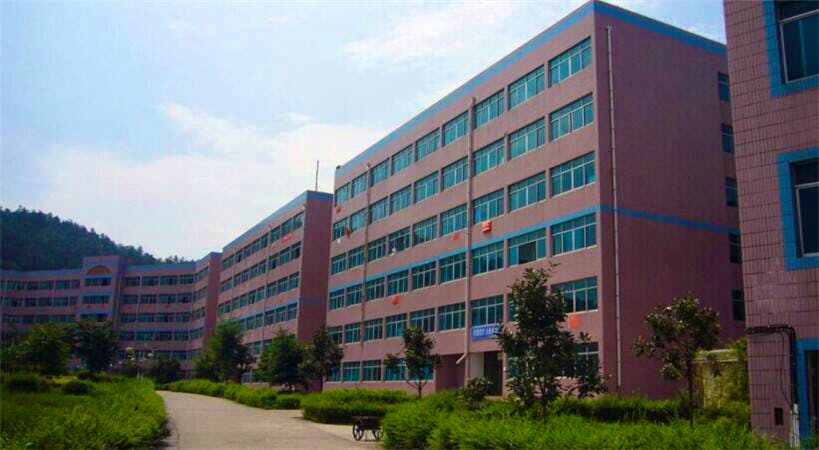In November 1951, Mao Zedong, the then chairman of the country, inscribed in person the Chinese name of Guizhou University. In August 2004, it was merged and formed the current Guizhou University with Guizhou University of Technology. In December of the same year, the Provincial Government signed an agreement with the Ministry of Education of the People’s Republic of China to co-build Guizhou University. In September 2005, it was approved to be one of the key "211 Project" universities.
At present, GZU has a full-time enrollment of 44588 undergraduates, 7233 postgraduates, 9415 adult students, and 291 international students. Among the staff of 4198, there are 2530 full-time teachers, including 381 PhD owners, 1083 Master degree owners, 383 full professors, 854 associate professors, 1 academician of Chinese Academy of Engineering, 1 concurrent academician of Chinese Academy of Sciences, 5 state-level middle-aged or young experts, 5 candidates of state-level New Century Million-and-10-Million-Talents Project, 1 member of discipline appraisal group of the Academic Degree Committee of the State Council, 8 members of the National Instructive Committee of Higher Education under the Ministry of Education, 10 new century outstanding science and technology talents, 6 first-batch key provincial experts, 56 province-managed experts, 54 province-level young science and technology talents, and 25 famous teachers of higher education of Guizhou Province.
The university consists of 24 colleges and 2 public education departments. There are 137 undergraduate specialties, covering 11 branches of learning such as philosophy, economics, laws, liberal arts, history, science, engineering, agriculture, and administration. The university has a national center of engineering technology, an engineering laboratory co-constructed by the state and GZU, 5 national teaching bases and demonstration sites, 5 key laboratories or centers affiliated to the Ministry of Education, 34 provincial key laboratories or centers, and 4 provincial research centers of humanities and social sciences.
GZU always places importance on developing international cooperation and exchanges. So far, the University has established cooperative relations with more than 100 academic institutions in over 40 countries and regions. GZU is a base of international education aid authorized by the Ministry of Education, an institution offering Chinese Government Scholarship Programs, and a base of international cooperation in science and technology authorized by the Ministry of Science and Technology. In 2009, GZU established Guizhou’s first Confucius Institute in Presbyterian College, U.S. Four sessions of “China-ASEAN Educational Cooperation Week” have been successfully organized by GZU in 2008. The university also plays an important role in such international organizations as IAUP and AUAP.
Show less









